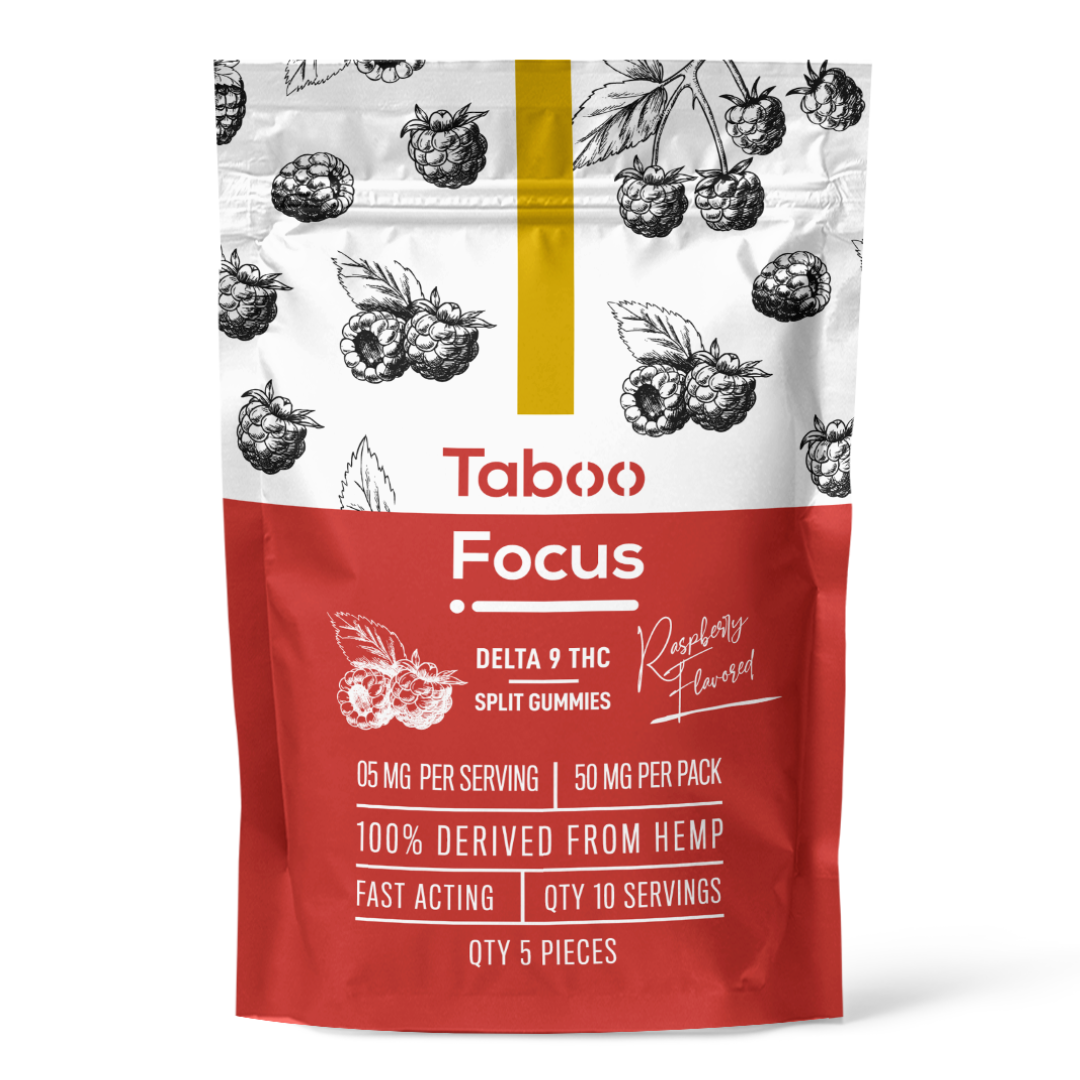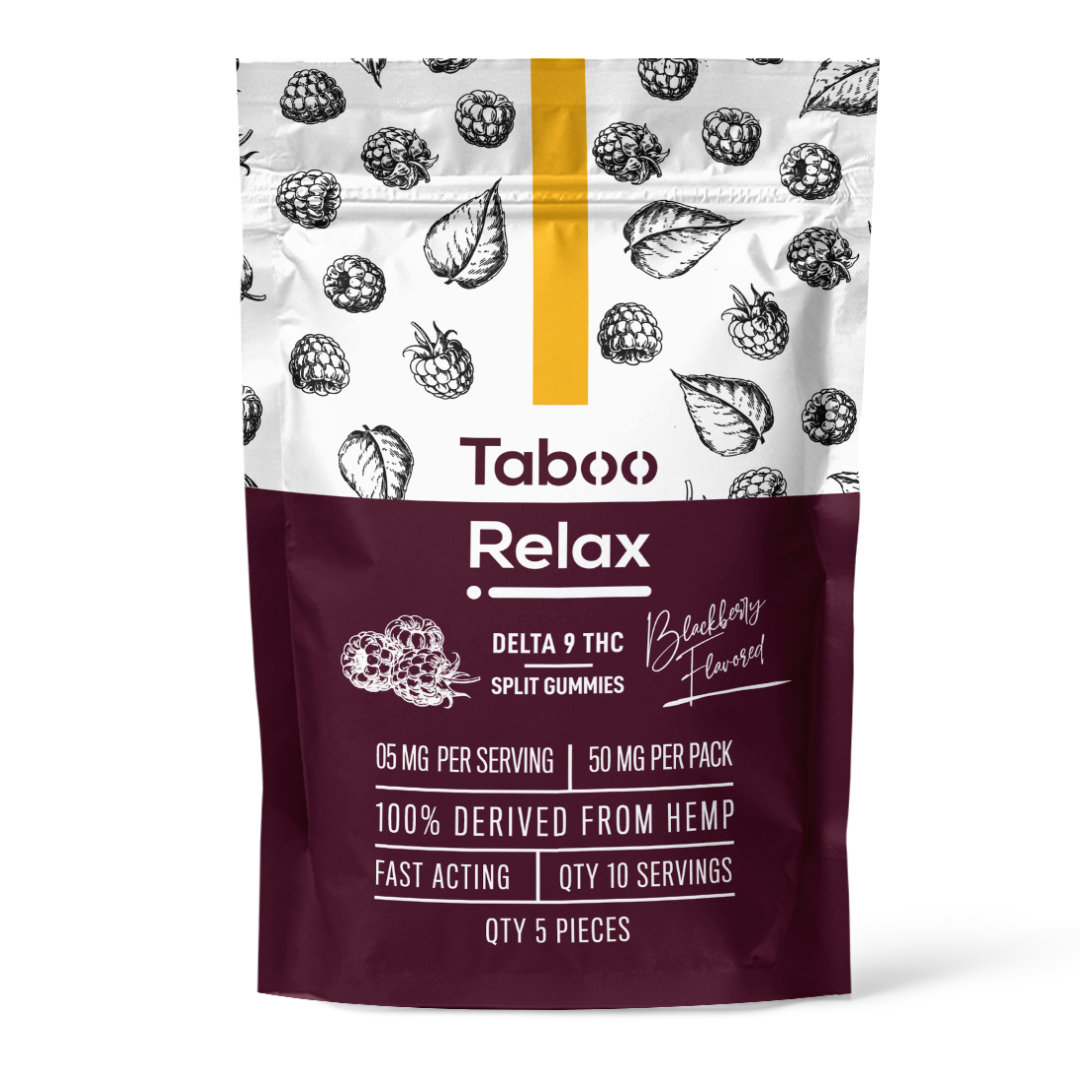Overproduction and the black market have caused a massive decline in the price of marijuana, which may signal an ominous shift for the industry.

Since the heady days of the COVID-19 pandemic, when legal cannabis sales and consumption hit all-time highs, the price of the magical flower has plummeted, forcing many in the sector to re-evaluate their financial futures in the highly competitive marketplace.
According to Bloomberg, retail and wholesale prices of marijuana have decreased dramatically due to black market competition. Moreover, with retailers having to keep their prices low to compete, it has become increasingly difficult for growers to strike the optimum supply-demand balance.
The cannabis data firm BDSA reports that the retail price of a gram of marijuana decreased by 13% to $9.43 in the third quarter of 2022, down from $10.83 during the same period last year. That is the most significant drop ever witnessed for cannabis over a 12-month period. The decline in wholesale prices was even more substantial, especially in the markets where recreational marijuana has been legal for the longest.
According to the BDSA data, the average price per pound of cannabis in Colorado has decreased by 51% since the fourth quarter of 2020. And in Oregon, the price is down 36%.
Rick Maturo, Director of Insights and Intelligence for BDSA, emphasizes this sentiment by saying, “The industry today is facing a number of headwinds. The most existential is pricing.”
"The industry today is facing a number of headwinds. The most existential is pricing.”
- Rick Maturo, Director of Insights and Intelligence for BDSA
Adding to the precipitous decline is the fact that marijuana growers also experienced a massive bumper crop of weed this past harvest season. Thanks to favorable growing conditions and unusually stable weather, this year’s fall harvest produced one of the best yields of high-quality flower in quite some time.
The market has already struggled with significant overproduction for a couple of years. So this unexpected and somewhat unnecessary stellar crop could not come at a worse time for growers, wholesalers, and retailers.
As Jeremy Moberg, a cannabis cultivator in the state of Washington, shares, “That was actually one of the cleanest air-quality years we’ve had. There’s going to be a lot of really good pot out there. (But it’s) probably going to add to the overproduction problems and woes that you’re hearing a lot about.”
"That was actually one of the cleanest air-quality years we’ve had. There’s going to be a lot of really good pot out there. (But it’s) probably going to add to the overproduction problems and woes that you’re hearing a lot about.”
- Jeremy Moberg, Cannabis Cultivator
It is a perfect storm of factors that all coalesced at the absolute worst time. The pandemic spike was just that - an aberration. As with many fruitful and unexpected windfalls, many in the industry misread the increased demand as a sustainable upward shift that would only continue. It has not.
However, the more concerning development is the persistent hold of the illegal black market that continues to thrive even in those states where adult-use marijuana is legal. When production floods all markets, legal and illegal, the economic upper hand almost always shifts to those individuals not held down by regulations, taxes, overhead capital expenditures, and that pesky tendency to not break the law.
As a result, the end user will seek out options that cost the least and provide the same desired products. It does not help that many in the law enforcement community have become less inclined to expend resources on their local pot dealers with the wave of legalization sweeping the nation.
Many experts see what’s happening in the regulated marijuana markets as a painful but necessary growing pain as the industry continues to expand and mature. However, the basic principles of economics and open markets apply to marijuana as much as they do to any commodity-based system.
The hope is that these current challenges do not lead to a massive consolidation of resources via large and deep-pocketed multi-state operators (MSOs). The unique charm and appeal of the small business marijuana retailer are what make this industry so special. To see many of those early days pioneers fall away because of short-sighted and poorly planned strategies on the part of state governments, growers and wholesalers would be the real tragedy.
Hopefully, this temporary market situation will correct itself sooner than later. However, if marijuana is to emerge from the murky shadows of prohibition, the black market and all its detrimental consequences must be dealt with swiftly and successfully.























